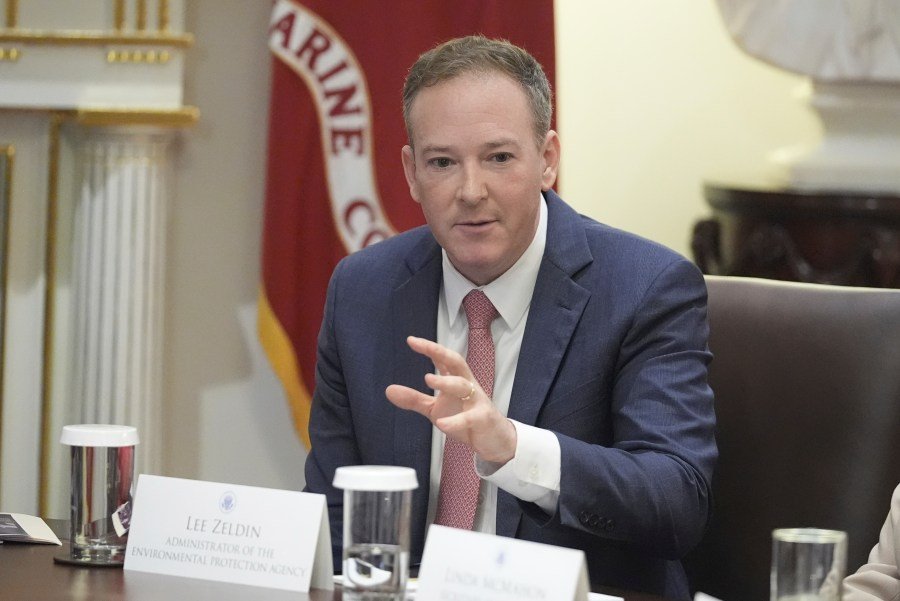
Within the last week, judges in two federal courts have upheld the Environmental Protection Agency’s authority to cancel more than $20 billion in grants tied to environmental and climate justice initiatives. These rulings represent a triple victory — for the legal system, for common sense, and for an administration striving to rein in the soaring federal deficit and national debt.
Earlier, in Department of Education v. California and National Institutes of Health et al. v. American Public Health Association, the Supreme Court affirmed the federal government’s right to withdraw grants, citing the Tucker Act of 1887. This act mandates that disputes over federal contracts be adjudicated in the U.S. Court of Federal Claims, not in federal district courts.
Building on this precedent, on August 29 Judge Richard Leon of the U.S. District Court for the District of Columbia ruled in favor of the EPA in a case brought by the Southern Environmental Law Center. The Center, representing a coalition of nonprofits and local governments, had challenged the EPA’s decision to terminate $2.8 billion in grants. Judge Leon, appointed by President George W. Bush, found that the EPA had acted within its legal authority.
Just days later, on September 2, the U.S. Court of Appeals for the District of Columbia reached a similar conclusion. A three-judge panel ruled that the EPA could cancel $20 billion in Greenhouse Gas Reduction Fund grants currently held by Citibank. The plaintiffs — Climate United Fund, Coalition for Green Capital, Power Forward Communities, Inclusiv, and Justice Climate Fund — must now take their case to the Court of Federal Claims, again in accordance with the Tucker Act.
While these cases hinge on complex legal arguments, the underlying principle is straightforward: Federal funds should be used responsibly and transparently. Many of these so-called “climate justice” grants were misaligned with their stated goals and would have imposed higher costs on transportation and energy, essentials that disproportionately affect low-income Americans, small businesses, and farmers.
For example, a $50 million grant was awarded to the Climate Justice Alliance, a group that advocates against fossil fuels and extractive industries. Such advocacy aligns with certain ideological goals, and raises energy prices, harming the very communities it purports to help.
Another grant was earmarked for the City of Thomasville to build a school gym and a health clinic. These are commendable projects, but they fall squarely within the purview of the Departments of Education and Health and Human Services rather than the EPA.
Moreover, initiatives like pedestrian precincts, bike paths, mass transit, and electric vehicle charging stations are often labeled as “environmental justice.” Yet these projects can reduce road access and increase vehicle costs, making life more difficult for everyday Americans.
With the federal deficit projected to reach nearly $2 trillion in 2025 and the national debt approaching $37 trillion, the need for fiscal discipline has never been more urgent. These court decisions affirm the executive branch’s authority to reassess and, when necessary, cancel spending that does not serve the public interest.
The recent rulings are both legal victories and a reaffirmation of prudent governance. They underscore the importance of aligning federal spending with national priorities and ensuring that taxpayer dollars are used effectively.
By upholding the EPA’s authority to cancel grants that fail to meet these standards, the courts have taken a crucial step toward restoring accountability and slowing the unsustainable growth of federal spending. It is a win for the rule of law, for economic sanity, and for the American people.
Diana Furchtgott-Roth directs the Center for Energy, Climate, and Environment at The Heritage Foundation.


